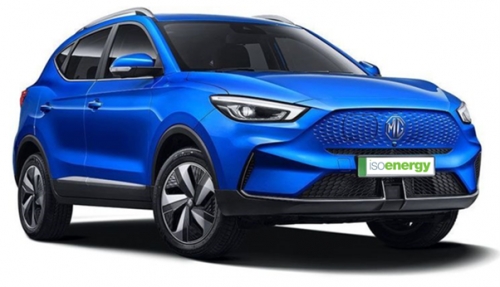ISO Energy has started a move towards this transition by recently adding three hybrid vehicles and two electric vehicles to the carpool for use by our consulting engineers and HR team. The latest in EV charger technology VEVA chargers have also been installed at our Horley site. However, the van fleet of 27 vehicles remain diesel for the moment, but when is it time to make the switch?
As well as fuel savings, EVs have lower maintenance and parts costs as they have simpler engines compared to internal combustion engines (ICE). Companies that have already made the switch to electric vehicles have reported a 20-25% saving across the board. Battery technology continues to improve as more car manufacturers offer new generation models and batteries are adapted to more long-haul vehicles. However, current infrastructure in the country is not yet adequate for the type of work ISO Energy is involved with. In time, we will be able to replace the diesel fuel fleet with either electric or hybrid vehicles and use EV location apps to support our delivery efforts.
Until this happens, we are continuing to create new regional business nodes to reduce the amount of travel across the country. The aim is to minimise business travel and by recruiting at a local level, we see a reduction in miles travelled, vehicle wear and tear, fuel use and exhaust emissions. When longer journeys are unavoidable, we book stay-away accommodation and engineers travel to the same site together and not separately, when safe to do so.
The bottom line? The advantages of moving to an all-EV fleet are clear from an environmental and cost-saving benefit and as the technology continues to improve and the market expands, ISOEnergy will continue to transition away from ICE vehicles to hybrid and electric vehicles.







